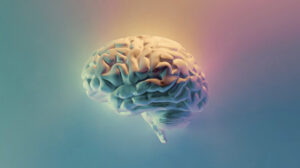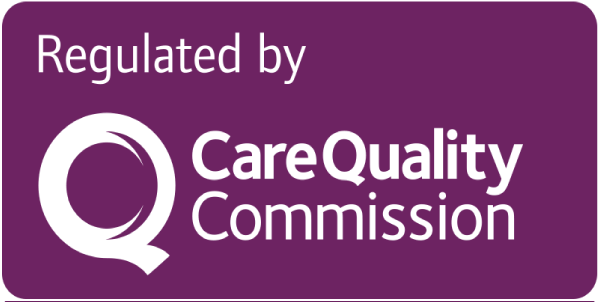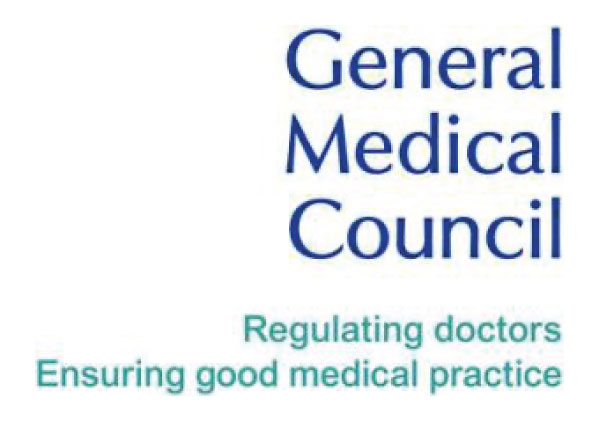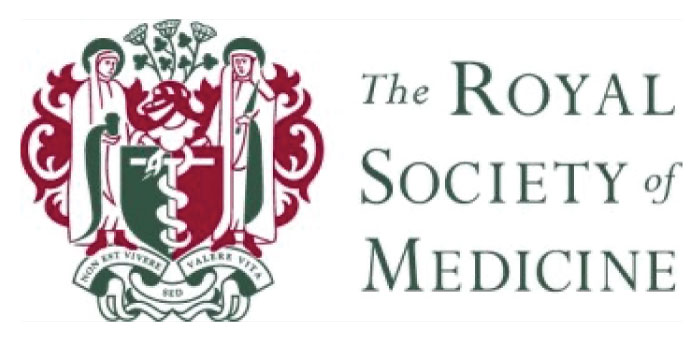
The Comprehensive Guide to Andropause: Understanding, Managing, and Thriving
Andropause, often referred to as male menopause, is a significant yet often overlooked phase in a man’s life. This transition involves a gradual decline in testosterone levels, leading to various physical, emotional, and mental changes. Understanding andropause is crucial for managing its symptoms effectively and maintaining overall well-being. In this comprehensive guide, we will explore what andropause is, why it happens, and how men can manage their symptoms to thrive despite these hormonal changes.
Understanding Andropause
What is Andropause?
Andropause involves the progressive decline of “free testosterone” levels with age in men, coupled with an increase in the production of Sex Hormone Binding Protein (SHBG). Unlike female menopause, which occurs suddenly, andropause is a gradual process but can have equally severe long-term consequences.
The Role of Testosterone in Men’s Health
Testosterone is a vital hormone responsible for maintaining various physiological functions in men. It plays a crucial role in the development and maintenance of muscle mass and bone density, which are essential for physical strength and structural integrity. Additionally, testosterone helps regulate fat distribution, ensuring that fat is properly allocated throughout the body, which aids in maintaining a healthy weight and metabolic function.
Beyond its physical benefits, testosterone is pivotal in red blood cell production, which is crucial for oxygen transport and overall energy levels. This hormone is also integral to sexual and reproductive function, influencing libido, sperm production, and erectile function.
Testosterone’s influence extends to mental and emotional well-being, impacting mood, cognitive function, and overall vitality. Adequate testosterone levels are associated with increased energy, improved mood, and enhanced cognitive abilities, contributing to a better quality of life. Deficiencies in testosterone can lead to symptoms such as fatigue, depression, irritability, and decreased motivation, highlighting its comprehensive role in men’s health.
Maintaining optimal testosterone levels is essential for overall health, and understanding its functions can help in managing the symptoms associated with its decline.
Symptoms and Signs of Andropause
Men experiencing andropause may notice:
- Decreased libido and sexual performance
- Fatigue and decreased energy levels
- Mood swings, irritability, and depression
- Loss of muscle mass and strength
- Increased body fat, particularly around the abdomen
- Sleep disturbances
- Reduced cognitive function and memory
Causes of Andropause
Age-Related Testosterone Decline
Testosterone levels typically start to decline around the age of 30. By the time men reach 50, approximately 50% of healthy men have testosterone levels below the normal range. This gradual decrease in testosterone is a natural part of aging and contributes to the onset of andropause, often referred to as male menopause.
Other Contributing Factors
- Stress: Chronic stress can lead to elevated cortisol levels, which negatively impact testosterone production. High cortisol levels inhibit the body’s ability to produce testosterone, leading to further hormonal imbalances and exacerbating the symptoms of andropause.
- Diet: Poor nutrition can significantly affect hormone balance. Diets high in processed foods and low in essential nutrients can disrupt the body’s endocrine function, leading to reduced testosterone levels. Conversely, a diet rich in vitamins, minerals, and healthy fats supports hormone production and overall health.
- Lack of Sleep: Sleep is crucial for hormone production, including testosterone. Sleep deprivation can significantly lower testosterone levels, as most testosterone release occurs during sleep. Ensuring adequate, quality sleep is essential for maintaining optimal hormone levels.
- Physical Inactivity: Regular exercise is essential for maintaining healthy testosterone levels. Physical inactivity can lead to a decline in muscle mass and increase in body fat, both of which are associated with lower testosterone levels. Engaging in regular physical activity, particularly resistance and high-intensity interval training, can help boost testosterone production.
How is Andropause Diagnosed?
Diagnosis of andropause typically involves a combination of symptom assessment and blood tests to measure hormone levels. Healthcare providers look for clinical signs such as decreased libido, fatigue, depression, and loss of muscle mass. Blood tests, particularly those measuring free and total testosterone levels, are essential to confirm the diagnosis. Regular health check-ups and hormone level tests are crucial for early detection and effective management of andropause.
Importance of Regular Health Check-Ups and Hormone Level Tests
Routine health check-ups play a vital role in detecting hormonal imbalances early, allowing for timely intervention and management. By discussing symptoms openly with a healthcare provider, patients can ensure an accurate diagnosis and appropriate treatment plan. Early detection through regular monitoring of hormone levels helps in mitigating the symptoms of andropause, improving overall quality of life. Regular evaluations also provide an opportunity to adjust treatments as necessary, ensuring that hormone levels remain within optimal ranges and symptoms are effectively managed.
Managing Andropause
Treatment solution
Bioidentical Testosterone Replacement Therapy (BHRT): BHRT uses hormones that are chemically identical to those the body produces naturally. This therapy can effectively restore testosterone levels and alleviate symptoms. Bioidentical Testosterone can be individually formulated by a doctor, allowing for tailored treatment plans that suit each person’s unique needs. Individualization in dosing and delivery methods ensures optimal outcomes.
Thriving Through Andropause
Navigating andropause can be challenging, but with the right strategies, men can thrive through this transitional phase. Here are some tips for maintaining a positive mindset and overall well-being:
Tips for Thriving Through Andropause
- Maintain a Healthy Diet: Eating a balanced diet rich in nutrients supports overall health and can help mitigate some symptoms of andropause. Foods high in vitamins, minerals, and antioxidants can improve energy levels and mood.
- Regular Exercise: Incorporate regular physical activity into your routine. Exercise helps maintain muscle mass, improve cardiovascular health, and enhance mental clarity. Both resistance training and aerobic exercises are beneficial.
- Prioritize Sleep: Quality sleep is vital for hormone regulation and overall well-being. Establish a regular sleep schedule and create a restful environment to ensure you get adequate rest.
- Practice Stress Management: Techniques such as mindfulness, meditation, and yoga can effectively reduce stress levels and improve overall mental health. Managing stress is crucial for maintaining hormonal balance and reducing symptoms of andropause.
By incorporating these strategies into daily life, men can navigate andropause more effectively and maintain a positive, proactive approach to their health and well-being.
Conclusion
Andropause is a part of aging that affects many men, but it doesn’t have to diminish your quality of life. If left untreated, it is responsible for chronic age-related conditions such as diabetes type 2, cardiovascular disease, osteoporosis, neurodegenerative diseases and sarcopenia. With Bioidentical Hormone Replacement Therapy and lifestyle changes, you can manage the symptoms, thrive and ensure your healthy aging. Remember, early diagnosis and proactive management are key to navigating this transition smoothly. Empower yourself with information and take control of your health journey today.









